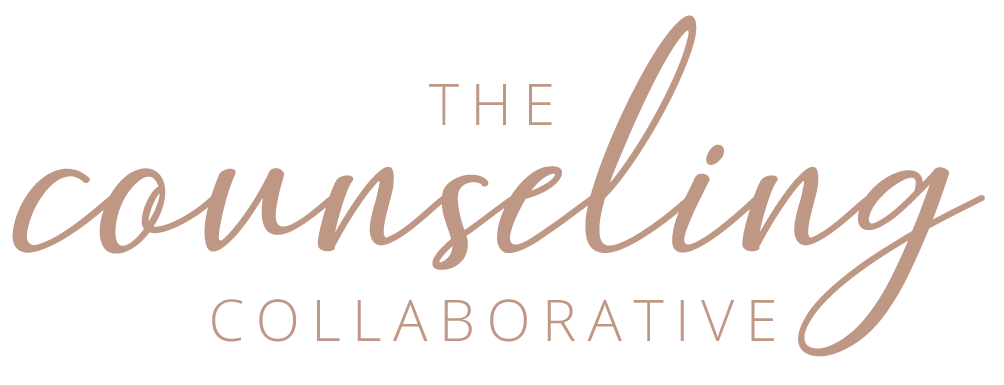Understanding Your Attachment Style
Have you ever noticed patterns in your dating life that start to feel… eerie? You may be dating people who are radically different from your last partner on paper, but the same issues or patterns seem to present as time goes on. It can be frustrating and confusing, and can often lead people to feel defeated while dating. So, let’s talk all things attachment and how your attachment style (and your partner’s) may be impacting you in ways you may not even expect.
Attachment Theory has been studied for decades and it can be described as the emotional connection between people. Attachment begins in infancy, and the ways that a child is able to have their needs met can determine how they learn to give and receive love. It can also set the stage for how they will navigate attachment in future relationships and dynamics. Let’s break down the four types of attachment, and then we’ll get into what it means in your relationship(s):
Secure Attachment
People who are securely attached are often more comfortable expressing and communicating their emotions and needs with others. They likely have a history of healthy, long-term relationships (including friendships). There is balance between wanting time with their partner, but also understanding the need for independence and autonomy. These people are able to hold expectations in relationships that their partner will be loving and respectful, and they demonstrate consistent warmth and support for others in their life. Securely attached people are likely skilled in conflict management—they can be emotionally vulnerable with someone even when things are tough and they can navigate and respect boundaries that have been established.
Anxious Attachment
People who are anxiously attached are typically nervous and reactive in their relationships. They struggle with trusting others, but will still rely on others to fix or manage their emotions and problems. There may be a lot of anxiety if they aren’t with their partner, and then worry that their partner doesn’t love or care about them. They likely struggle with a deep-seated fear that the relationship will end, even if there isn’t any evidence to support that. People with anxious attachment may have a negative self-image, but are able to see positive traits in others. Sometimes they may present as clingy and demanding in the relationship. People who are anxiously attached are more likely to partner with someone who is avoidantly attached.
Avoidant Attachment
People who are avoidantly attached often present as independent, self-sufficient, and do not want to depend on others. They may struggle if they feel that others are depending on them, and they will avoid emotional closeness with others. It’s likely that they will hide or minimize emotions in emotionally-charged situations, and will isolate when things get tough. People who are avoidant may come across as detached in their relationship, and may say things like “I don’t let people get close to me because I’m always let down,” “I don’t care if you leave,” “I’m tired of feeling like people are trying to control me,” “you’re suffocating me,” or “I’m just a
commitment-phobe.” People who are avoidantly attached are more likely to partner with someone who is anxiously attached.
Mixed (Anxious & Avoidant) Attachment
People who are anxious/avoidantly attached are a mix of the styles that were listed above. They may have low self-confidence and hold a deep fear of being hurt. They crave a sense of closeness with their partner, but don’t trust the process to have the emotional closeness. Outbursts may be intense when emotional situations occur and people with this attachment style may be more likely to be in dysfunctional or abusive relationships. People who are anxious/avoidantly attached are more likely to partner with someone who is also anxious/avoidantly attached.
So… now what?
You may have an idea of what attachment style you (or your partner) have. You may also be recognizing a pattern in your past close relationships, and how you may be drawn to a certain attachment style. Let’s think about a few things:
● How did you receive love growing up? What feels “normal” in relationships? ● Have you noticed a pattern of your past partners’ attachment style?
● Can you identify thoughts/actions that reinforce patterns of behavior that you want to explore changing?
● What do you define as a healthy relationship and how is that different than what has felt normal, familiar or safe before? Have you ever asked a trusted friend how they define it?
● Are you picking partners based on what feels familiar?
● How does your attachment style impact different relationships in your life?
It is important to know that regardless of what you identify as your attachment style, there is unlimited potential in the possibility to gain more clarity about what you want/need in a healthy relationship. Change can be overwhelming and it can be beneficial to engage in intentional work to identify and address these patterns. These are all things that you are able to explore, practice, and master through the counseling process here at The Counseling Co. If you are ready to take the next step, we are too!

